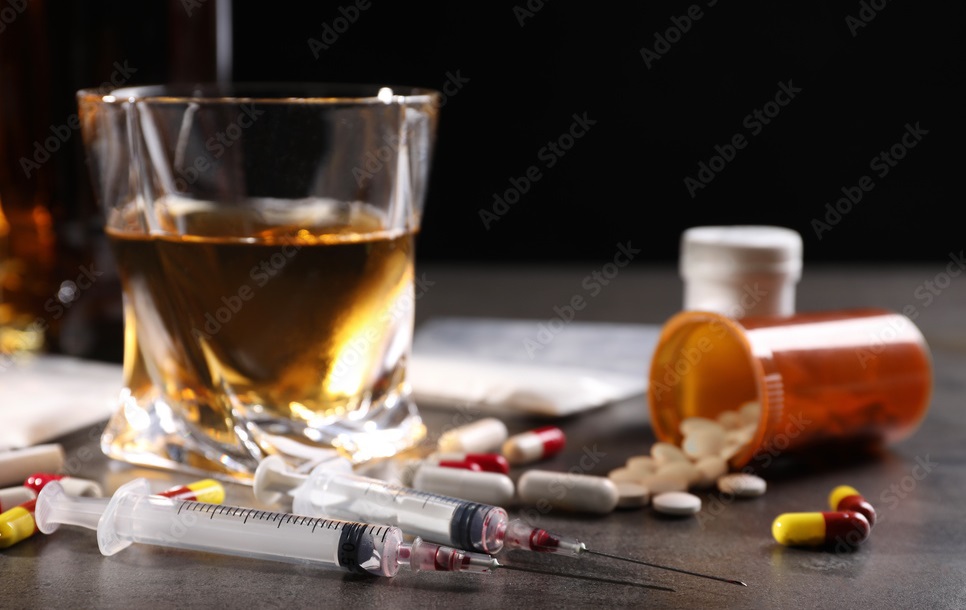We’ve all heard the warnings about mixing alcohol with certain medications, but why is it such a big deal? While a glass of wine or a beer might seem harmless, it can turn risky—and even dangerous—when combined with some drugs. Let’s dive into which medications you should never mix with alcohol and the reasons why.
Why Mixing Alcohol with Medications is Risky?
Alcohol can interact with medications in several ways. It can increase or decrease the effectiveness of the medication, amplify side effects, or create new and harmful effects. The liver, which processes both alcohol and many medications, can become overwhelmed, leading to toxicity or damage. Additionally, alcohol can impair your judgment and coordination, compounding the risks of side effects.
Common Medications That Don’t Mix with Alcohol
1. Painkillers
- Opioids (like oxycodone, hydrocodone): Mixing these with alcohol can slow your breathing to dangerous levels, which can be fatal.
- Acetaminophen (Tylenol): Even a small amount of alcohol can increase the risk of liver damage when you take acetaminophen.
2. Antidepressants
- SSRIs (like fluoxetine, sertraline): Alcohol can make you more drowsy and dizzy. It can also make your depression worse.
- MAOIs (like phenelzine, tranylcypromine): Combining these with alcohol can cause a dangerous spike in blood pressure.
3. Anti-anxiety Medications
- Benzodiazepines (like diazepam, lorazepam): Alcohol boosts their sedative effects, leading to extreme drowsiness, respiratory problems, and increased risk of overdose.
4. Antibiotics
- Metronidazole (Flagyl): Drinking with this antibiotic can cause severe nausea, vomiting, cramps, and headaches.
- Linezolid (Zyvox): Mixing it with alcohol can cause a dangerous increase in blood pressure.
5. Antihistamines
- Diphenhydramine (Benadryl): Alcohol can intensify drowsiness and impair motor skills, increasing the risk of accidents.
6. Diabetes Medications
- Insulin and Sulfonylureas (like glipizide, glyburide): Alcohol can cause dangerously low blood sugar levels, leading to hypoglycemia.
7. Cholesterol Medications
- Statins (like atorvastatin, simvastatin): Alcohol can increase the risk of liver damage and make side effects like muscle pain worse.
8. Blood Thinners
- Warfarin (Coumadin): Alcohol can mess with blood clotting, increasing the risk of bleeding problems.
Tips for Staying Safe
- Read Labels and Ask Questions: Always check the labels on your medications for any warnings about alcohol. If you’re unsure, ask your healthcare provider or pharmacist.
- Know Your Limits: If you do drink, be mindful of how much and how your body reacts, especially when taking meds.
- Plan Ahead: If you know you’ll be in a situation where alcohol is present, plan ahead by adjusting your medication schedule if possible (under your doctor’s guidance).
- Play It Safe: When in doubt, it’s best to avoid alcohol while on medication to prevent any adverse reactions.
Conclusion:
Being informed about the interactions between alcohol and medications can help you avoid serious health risks. By taking a cautious approach and consulting healthcare professionals, you can ensure your safety while managing your health effectively.
Remember, when it comes to mixing alcohol and medications, it’s better to be safe than sorry. Always put your health and well-being first, and make informed choices about drinking.
Also Read:
